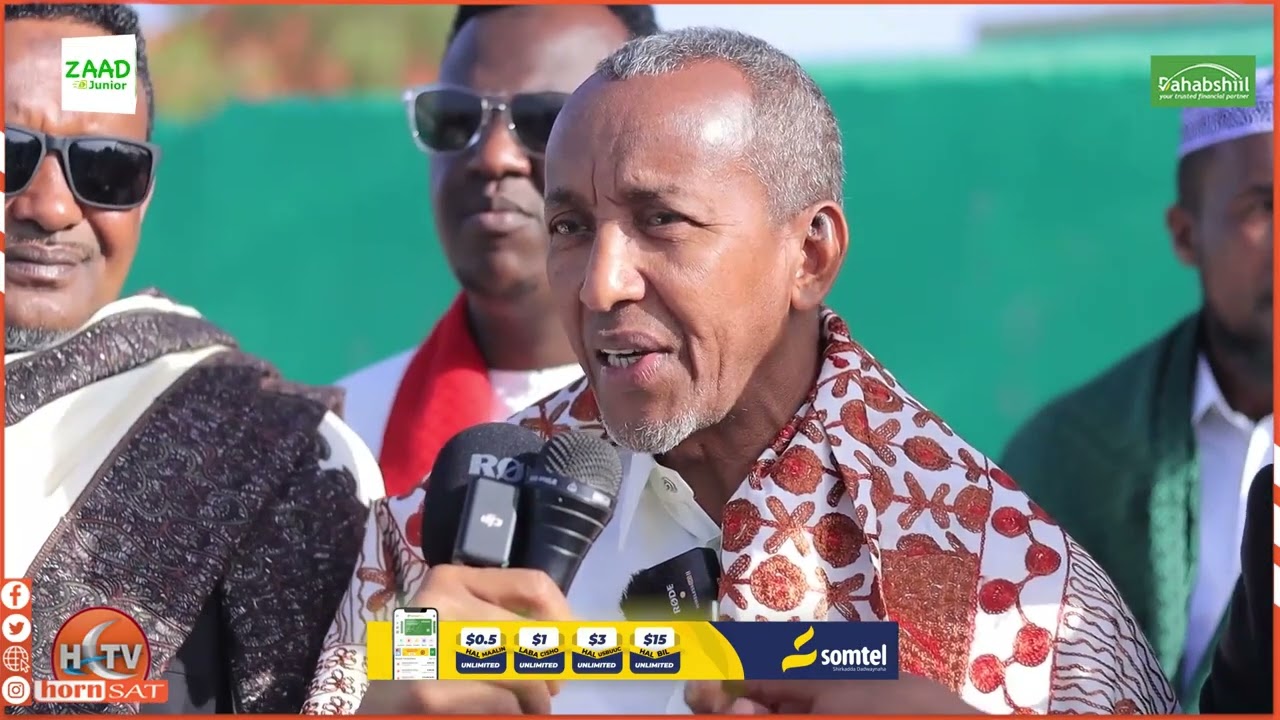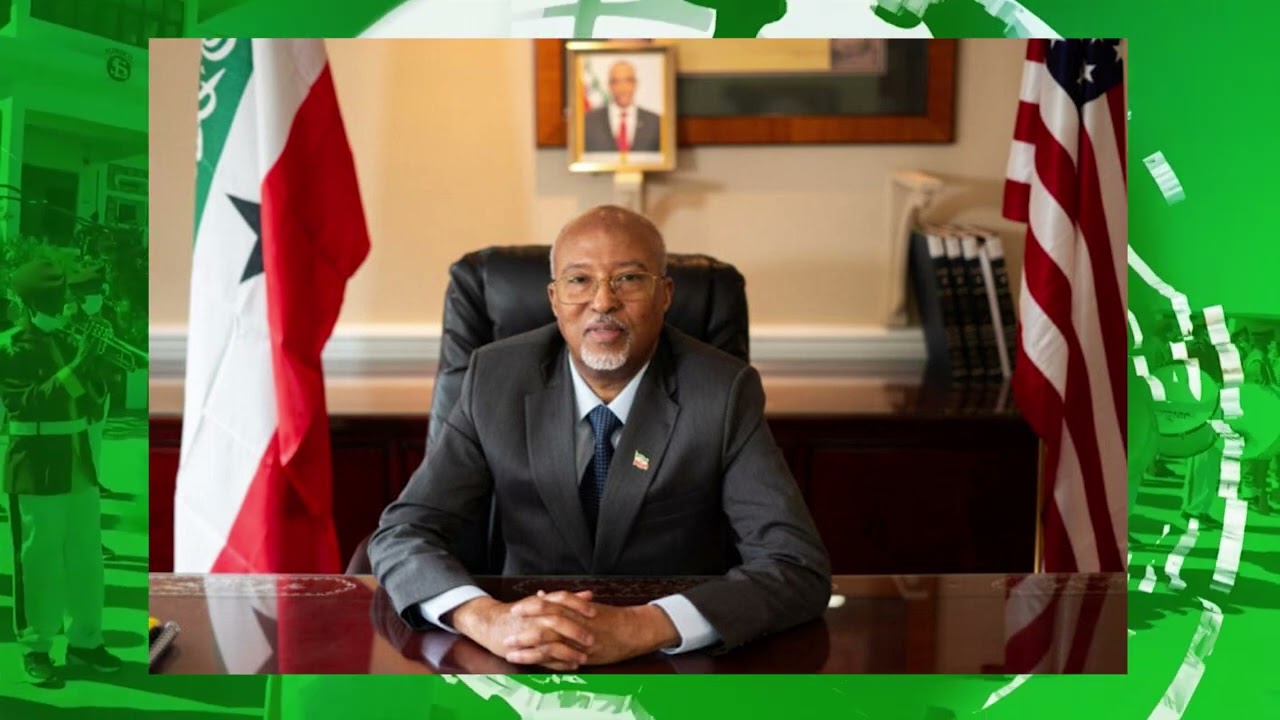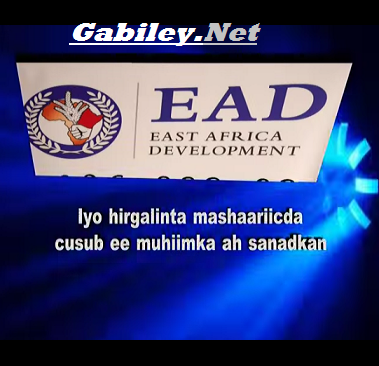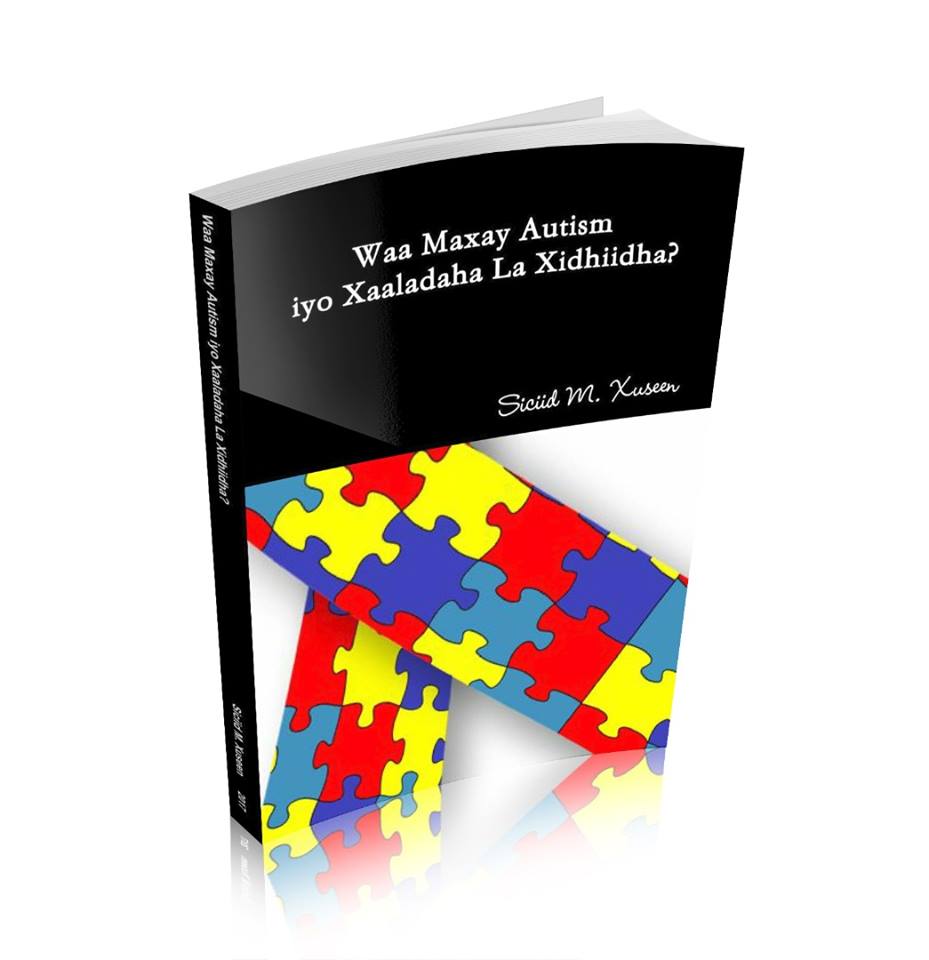Aster distributes thousands of meals to refugees in Somaliland ahead of Eid Al Adha
-
 Hundreds of women and children gather in Buraco as volunteers from Dubai distribute boxes of Salma meals.Image Credit: Aster DM Healthcare
Hundreds of women and children gather in Buraco as volunteers from Dubai distribute boxes of Salma meals.Image Credit: Aster DM Healthcare -
 The dwellings of the refugees, who have no electricity or water and survive on handoutsImage Credit: Aster DM Healthcare
The dwellings of the refugees, who have no electricity or water and survive on handoutsImage Credit: Aster DM Healthcare -
 Image Credit: Aster DM Healthcare
Image Credit: Aster DM Healthcare -

Hargeisa, Somaliland: A Dubai-based health care group last week reached out to thousands of famine-hit refugees and distributed food in the east-African country of Somaliland ahead of Eid Al Adha.

A group of volunteers from Aster DM Healthcare distributed meals in Buraco town, east of capital city Hargeisa on August 26. Meals worth Dh1.5 million were shipped in two containers in coordination with Awqaf and Minors Affairs Foundation (AMAF), Dubai Charity Association and Al Hayat Islamic Foundation in Somaliland. Aster employees from the UAE, India, Philippines contributed for the charity initiative as part of the company’s 30th anniversary year celebrations.
A total of 150,000 meals are being distributed in remote colonies occupied by famine-hit refugees who lack housing, have no electricity or water and survive on handouts by local and international agencies. The volunteers from Dubai arrived in Hargeisa on August 25 and the following day distributed boxes containing 42 ‘Salma’ halal meals to around 3,500 families in three refugees clusters. On Saturday, hundreds of women and children gathered at Kausar Primary school in Buraco, a small town near the port city of Berbera. “These meals are nice but please give us rice and lentils next time,” an old woman said.

“We welcome such charity initiatives by UAE organisations and invite private sector investments in Somaliland,” Abdul Rahman Abdulaahi Esmail, Vice-President of Somaliland told Gulf News on Sunday. The team of volunteers also met Sulaiman Eisa Ahmad, Somaliland Health Minister.
“We are very pleased to receive such great support and commitment from our partners and friends in Dubai,” said Abdul Hakeem Saed Bare, chairman of Al Hayat Islamic Foundation. He, however, admitted that food handouts make limited impact on the condition of refugees who live in small huts made of plastic sheets and wood. The colonies have no toilets, electricity or water. “We need wider job-creation programmes and vocational training for both men and women and schools for children,” Bare told Gulf News. Also, these colonies have no access to healthcare and sick people are simply abandoned by their families.
The charity initiative was in line with the declaration of 2017 as the “Year of Giving” by the President His Highness Shaikh Khalifa Bin Zayed Al Nahyan.

In his comments, Tayeb Al Rais, Secretary general of the AMAF said: “The provision of food is vital to reducing the number of deaths. We aim to achieve a measure of food security, and to ensure the sustained health of these victims of natural disasters and strife. We thank Aster DM Healthcare for its valuable generosity and efforts to support humanitarian aid and help people overcome extreme natural disasters. This public-private sector partnership reflects a shared commitment to giving for the benefit of humanity, which in turn serves the dream and vision of the rulers of our land.”
In addition to its activity in Somalia, Aster is also providing medical support to the Syrian refugees settled in refugee camps in Al Zaatari, Al Azraq and Erbid in Jordan, through the deployment of its volunteers as per the guidelines of United Nations High Commissioner for Refugees (UNHCR). The programme started in April and till date it has benefitted 2,019 people.
Where is Somaliland
Located on the southern coast of Gulf Aden, Somaliland declared independence from Somalia after a three-year civil war in 1991.
The country of four million people has no international recognition and is run by a presidential form of democratically-elected government. The international community recognises the country as an “autonomous” region of Somalia and government only has informal contacts with the outside world.
Salma food packets

Salma meals are halal and highly nutritious food. The meal packets are made from the same materials used for space-age pouches and specifically designed to withstand extreme conditions. It is designed to be the best type of food to be sent as a first response to a crisis-hit region. Aside from being additive-free, the food is good for vegetarians and non-vegetarians. The meal pouches are best for distribution in hard-to-reach areas as they can be air-dropped.















